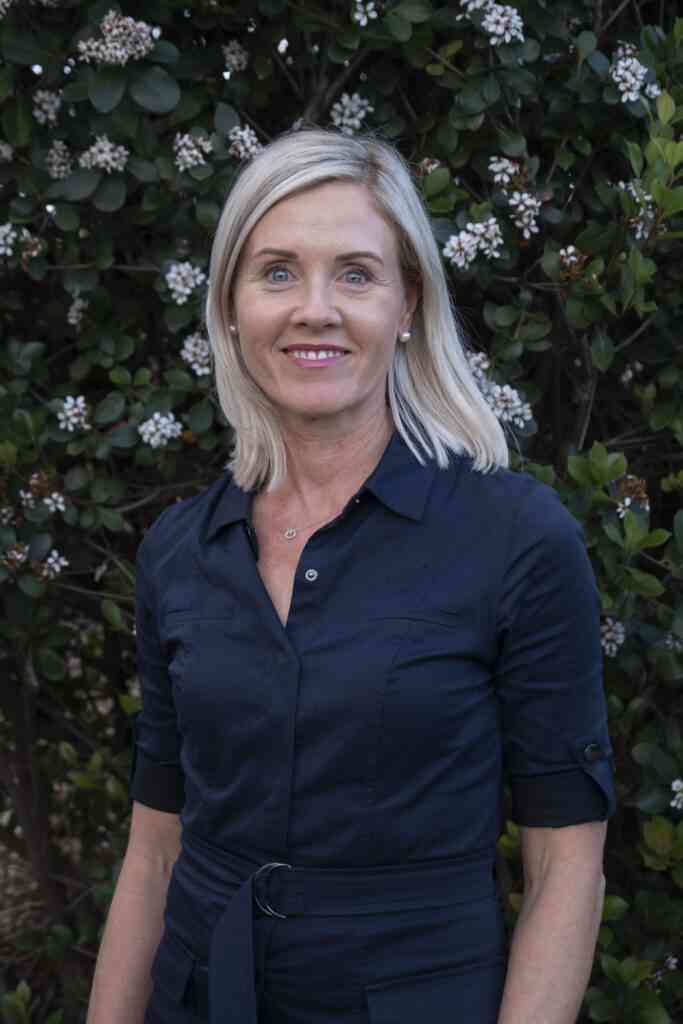- Home
- Stronger Together
- Support & Wellbeing
- Disability & NDIS
- Mental Health
- Families & Parenting
- Support for Individuals
- Community Health
- Employment & Training
- About Us
- About us
- Get Involved
- Governance
- Social Enterprises
By Tanya O'Shea, IMPACT Community Services Managing Director
As human beings, we are inherently social creatures.
We haven’t changed much from our ancestors, who hunted, travelled and thrived being part of a social group.

If separated from their tribe though, it could result in catastrophic consequences.
Fortunately, while the threat of a sabre tooth tiger attack is no longer a concern for us today, the issues that can be experienced when disconnected from our social group are still very real.
How our biological instincts protect us in the modern day
Some can experience a reduced quality of life or a decline in mental health.
Others may find it hard to become part of a social group, continually experiencing rejection.
And then there are others, who may have developed high levels of rejection sensitivity, expecting to be rejected by others and therefore often behaving in ways that push other people away.
This behaviour is often driven by fear and can create a painful cycle that can be challenging to break.
No one enjoys being rejected by others.
Yet, no one is exempt from rejection in their career or in their life.
That undeniable crushing feeling when we don’t get what we hoped for.
And often, these feelings start to develop in childhood.
Missing out on being selected for the basketball team.
Getting a C on a test when you were hoping for an A.
Not being invited to the party that everyone else is going to.
To an adult, these examples may sound trivial.
However, these small events continue to stack throughout a lifetime and become the building blocks for the learned behaviour and beliefs that we build and depend on.
STRONGER TOGETHER: Transition to Work helps youth into work
Fast forward to today; a friend read your text and didn’t reply.
You then saw her at the shopping centre later that day and she walked straight passed you without saying hello.
You may find yourself thinking, ‘Geez. Twice in one day she has ignored me. Why would she treat me like that? What have I done?’
This response is the automatic, learned response.
It can be that little voice inside us that believe it or not, wants to keep us safe.
Remember, our ancestors were caveman.
They relied on the fight, flight and freeze response to keep them safe; we are no different.
If we consider the example above, we might get angry (fight), we might decide to avoid them (flight) or we might become so paralysed (freeze) by the event that we start to isolate ourselves from her, and also others to avoid similar rejection.
The reality is that rejection hurts, and for good reason.
A study conducted by the University of Michigan in 2011, found that our brains fire in the same way for physical pain as it does for intense feelings of social rejection.
Their research suggests that powerfully induced feelings of social rejection activate regions of the brain involved in physical pain sensation.
There is no denying that we all experience rejection during our lifetime, and it can be painful and tough to endure.
However, there are also times when our fear of rejection or unhelpful thinking can prevent us from taking that next step towards building stronger relationships.
So what is the alternative?
We could reframe our thinking.
STRONGER TOGETHER: Saluting our region's senior citizens
Instead of listening to our little voice, and instantly reacting with a fight, flight or freeze response we could instead think, ‘Huh. She seems to have something on her mind. I hope everything is okay. Must remember to touch base and check in on her.’
Sounds too simple?
Perhaps, as it does take time to unlearn patterns of thinking that you have spent years practicing!
The key takeaway is this: reframing our thinking can be powerful.
It can shift the focus from us to them.
It can show our genuine care and consideration for others.
For some this will come easily but for others, be patient.
By reframing our thinking and becoming more curious about the behaviour instead of engaging in unhelpful thought patterns, we are opening ourselves up to building deeper, healthier social connections.
You have got this.